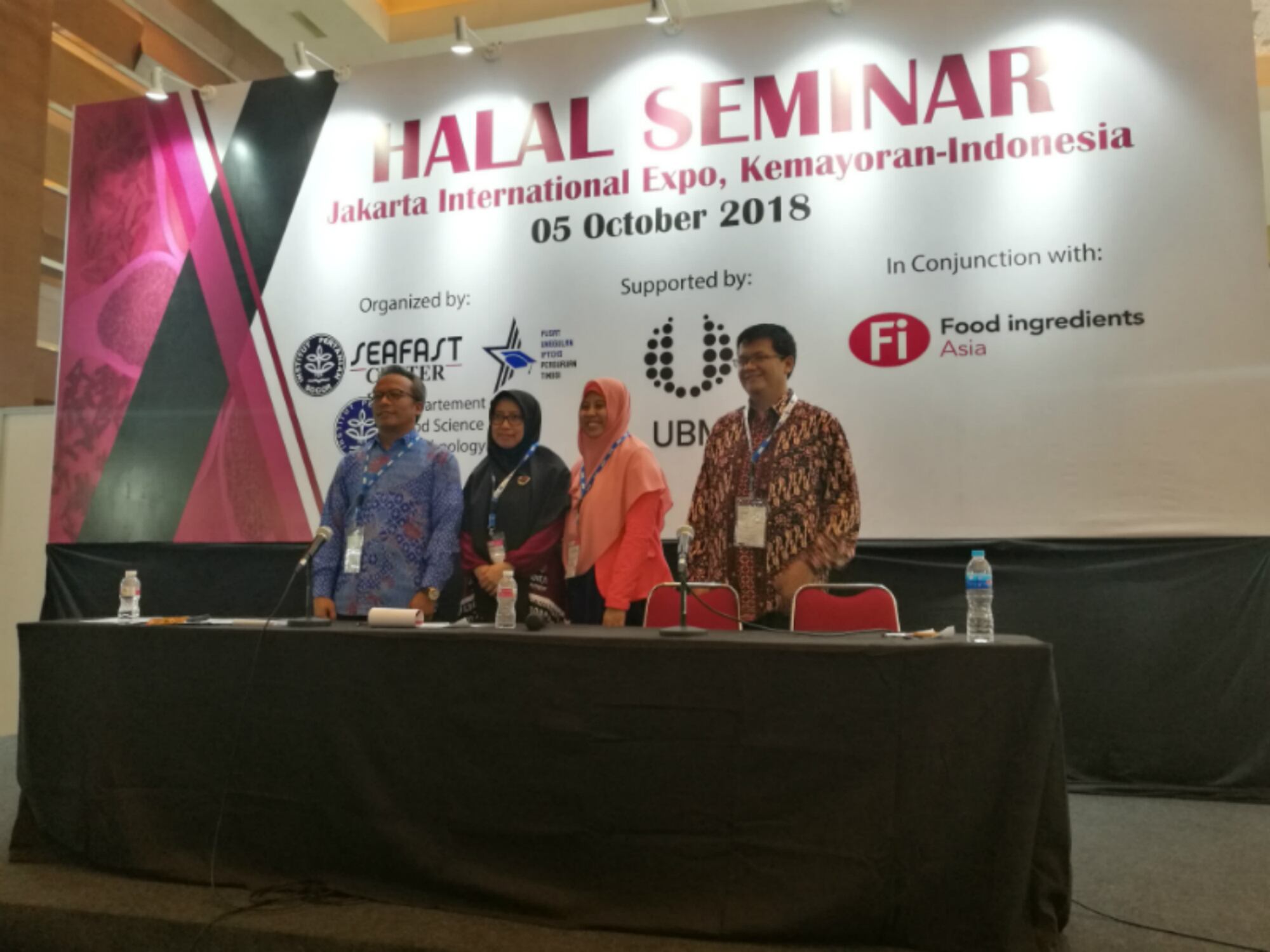Dr Nancy Dewi Yuliana from the Assessment Institute for Food, Drugs and Cosmetic, Majlis of Ulama of Indonesia (LPPOM MUI) emphasised on the need for advanced, faster analytical methods to answer various challenges in halal certification at FI Asia in Jakarta.
“Some halal issues cannot solely be solved by onsite halal audits and need confirmation by lab analysis,” said Dr Yuliana.
“Advanced analytical methods need to be developed and [these] should be able to answer [challenges faced in the Indonesian halal certification process].”
The challenges Dr Yuliana surfaced included the ability to trace target molecules in minute amounts, within a complex mixture, or which have been transformed into different forms post-processing.
“Additionally, these new methods need to be fast, cheap and have [a] simple sample preparation [process],” she added.
“What we really need is a rapid detection kit for routine analysis. More periodical, advanced validations can be performed using more sophisticated tools [in the lab].”
In Indonesia, it is compulsory for products undergoing halal screening to be lab tested for alcohol residue and pork/other non-halal meats.
The only rapid screening tools available for halal screening at present are porcine detection kits, alcohol detection kits and e-nose machines (for ethanol screening).
The lab tools most used for halal screening are Gas Chromatography-Mass Spectrometry (GC-MS) machines, High Performance Liquid Chromatography (HPLC) machines and Polymerase Chain Reaction (PCR) machines, all of which are generally bulky and time-consuming.
When is lab analysis most useful?
Dr Yuliana highlighted some ‘failures’ of the halal certification process, including fake certificates/logos being used, contamination during the supply chain, and suppliers changing materials/processing aids or adding hidden ingredients without informing manufacturers.
“In situations like this, lab analytical tools might help,’ she said.
She also emphasised that in Indonesia, a halal certificate is only valid for two years, and that during this period, only approved materials from approved manufacturers/suppliers can be used.
“Any change in halal critical materials, or in the vendors/suppliers of these materials, without first informing the certifying body is not allowed,” she warned.
“[Failure to comply] means that the certificate is no longer valid.”
Limitations of lab analysis
That said, Dr Yuliana also expounded on the current limitations of lab analysis in the halal certification process.
“Lab analysis can be useful but not always,” said Dr Yuliana.
“It can answer some of the limitations of halal audits, but not issues like the meat origins (halal vs non-halal), or about processing aids [like enzymes or other agents] that are not present in the final product.”
“[As] some issues still cannot be solely solved by lab analysis, [when this happens], we need to look at the paper work to trace the origin of materials,” she explained.
“If material traceability becomes impossible, [we then need to bring in a] fatwa from Ulama [to confirm whether halal certification can be granted.]”
A fatwa is a formal ruling or interpretation on a point of Islamic law. This is generally given by an Islamic religious leader or a qualified legal scholar (mufti).




